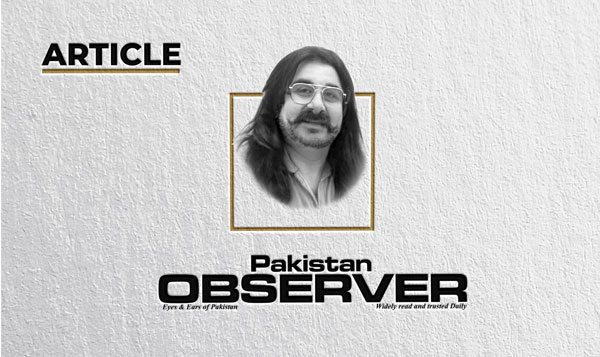Post revolution Iran
IRAN observed Islamic revolution forty-four years ago on February 11, 1979. This happened following the outbreak of one of the most popular contemporary uprisings in the world under the leadership of the great man in the history of the country, Imam Khomeini.
The basics of the revolution were Independence, freedom and the Islamic Republic – materialized in three main demands of the Iranian nation, derived from the slogans of the people during the Islamic Revolution. The denial of the foreign domination is one of the most fundamental principles of the revolution. Before the victory of the Islamic Revolution in Iran, decisions were made under the influence of the foreigners.
Liberation from oppression and establishing a democratic system of government based upon spirituality and religious values were among the other goals of the people. Through the referendum meant to determine the ruling system of the country, the Iranian people, including all walks of life namely women and men, tribal groups, religious minorities and so on determined their destiny for the first time by dropping their first vote. Following the referendum, the Islamic Republic replaced the monarchy with a decisive 98% of the votes. Therefore, the people voted in favour of the new Constitution.
According to the new Constitution, the legislative and executive powers head will be elected by the direct vote of the people. In this regard, on average, one election is held in the country every year, and through this, the participation of the people in determining the fate of the country is guaranteed. Today, from the highest officials of the country to the members of city councils and local councils, every sensitive tenure is occupied by the direct and indirect popular vote of the people.
As a result of the establishment of the Islamic Republic in Iran, the nation and the government have determined destiny according to the will and have taken their own path in the current turbulent world by adopting an independent policy. The model that Iranians have set for the past forty years in the international community has emerged from independence based on constructive interaction with the world. Undoubtedly, one of the most important manifestations of the Islamic Revolution has been the changes in the field of Iranian foreign policy, which has led to the formation of an independent, active, innovative foreign policy based on the three principles of dignity, wisdom and expediency.
At the same time, this foreign policy is based on two strong and inviolable pillars of non-interference in the affairs of others and not allowing others to interfere in the internal affairs of the country. Defending the rights of the oppressed nations of the world (especially Muslims) in international forums has been one of the principles of the foreign policy of the Islamic Republic of Iran.
In this regard, the government and people of Iran have always called for the realization of the just ideals of the oppressed nation of Palestine and have supported their resistance against the evils and crimes of the occupying and racist Zionist regime. The Islamic Republic of Iran believes that all Palestinians (regardless of their religion or ethnicity) have the right to determine the fate of their occupied territories through a comprehensive referendum and to provide grounds for return of all the Palestinian refugees to their ancestral homeland.
In order to continue Iran’s peaceful foreign policy, the government has made many efforts in the past eight years to de-escalate tensions and develop foreign relations with other countries. Important examples of these efforts include the initial settlement of the nuclear issue, a fruitful presence in international forums especially the UN to defend the rights of the great nation of Iran against US aggression, and to help resolve regional crises, strengthening regional and trans-regional relations, cooperation and fighting against the great threat of Takfiri terrorists in the region.
The Iranian government seeks to establish better and greater mutual trust with the countries of the region and the world and to develop national and regional security. Constructive interaction based on equality, mutual respect and common interests is the basis of relations of Iran with other countries.
The Iranian government also seeks effective and constructive interaction with the outside world, building mutual understanding and mutual trust with neighbours and other regional and international actors. In the field of regional interaction, Iran has made an effective practical effort to establish regional cooperation in the fight against terrorism and extremism and to establish security in the region and is always ready to expand this cooperation. In addition, efforts to promote regional convergence and strengthen economic ties and joint ventures have been on the government’s foreign policy agenda. Over the past years, the Iranian government has always sought to strengthen friendly ties with neighbouring countries and non-hostile countries of the world and has played an active role in establishing peace among the countries of the region by presenting peaceful plans and efforts.
Despite various conspiracies of some countries in the Persian Gulf region against the Iranian nation and especially their active participation in full support of Saddam Hussein’s regime during the eight years of the imposed war, Iran in order to resolve any misunderstandings in the region and establish stability and security in the sensitive region of the Persian Gulf has repeatedly extended its hand of friendship to the countries of this region and has announced its readiness to cooperate with them. Iran, along with the denial of hegemony and belligerence, believes in a common destiny for the whole of human society, respecting international norms and paying attention to the principle of sovereignty of countries.
—The writer is editor, book ambassador political analyst and author of several books based in Islamabad.










